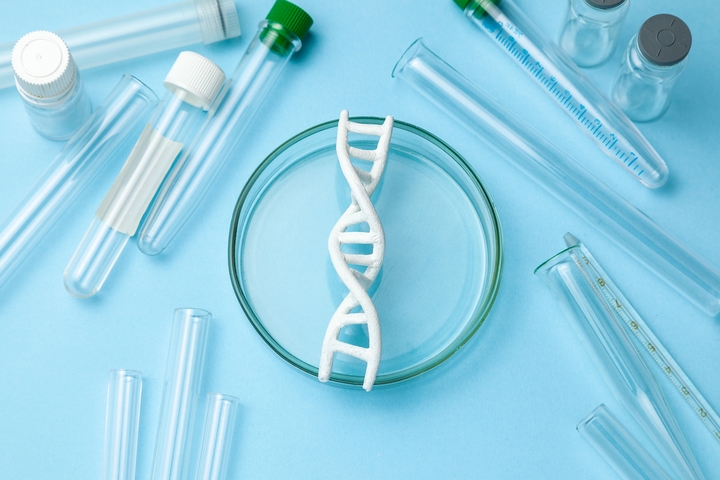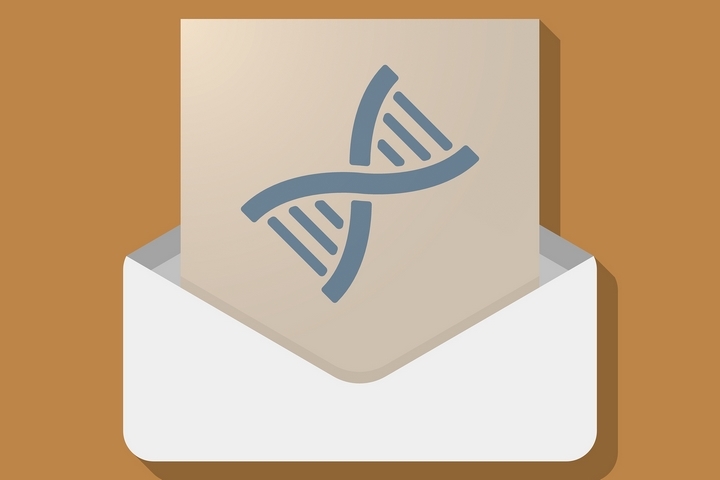8 Steps on How to Find Birth Parents with Little Information

There could be many reasons for trying to locate your biological parents. You want to know about your family and ancestries. You are curious about your parents and where they come from. A lot of people who are adopted or who grew up in an orphanage do the same, so it is a typical reaction. The good news is that there are resources and scientific methods that efficiently help to find your birth parents.
With advances in DNA technology, internet connection and social media, you can quickly find lost family and relatives. It all depends on the information you have. If you have names of your birth parents and places where they were born, then you can easily search on social media platforms. On the other hand, with little information, no names or any connections, the best way on how to find your birth parents is through DNA testing. Additionally, you save time when you consider the DNA route.
Here are the recommended steps on how to find birth parents with little information:
1. Find a good DNA testing center

The first step on your quest to find your birth parents is doing lots and lots of research. Make sure to research all the DNA test centers online. Look for a center that can offer a guaranteed delivery of your results, assure you of personal information security and presents useful information that is easy to understand. Select a center that can provide accurate results based on genealogy and anthropology. They can give you a report that breaks down the most recent ancestries in your family history and even go farther back if needed.
2. Order a DNA ancestry test

Lucky for you, DNA ancestry tests are now available online, and anyone can take it at an affordable price. You do not have to visit a laboratory or make any appointments to complete the test. You directly order the test online, and a kit is mailed immediately to you. You then provide your sample and send it back in a pre-paid package.
3. Review your test results

The test results will be an essential step on how to find the birth parents, or more specifically, where to start looking for them. Soon after you submit your samples, the DNA results will be posted on your online account by the DNA test provider. The results are usually issued within 6 to 8 weeks. The report will show your ethnicity estimate and DNA matches.
You need to focus on the DNA matches for a better understanding of your biological connections. There are Ancestry DNA registries that contain a lot of information on ancestry connections that currently total to over 10 million people. This database is growing each day. You are bound to find a match that will help you with your search.
4. Contact your closest match

You can directly contact the match through the DNA provider as they may offer a messaging service. Remember that it will be a surprise for your family member. They may or may not be eager to meet you. If it is your parents, be sensitive with your approach. If you found a close relative, you will need their help in piecing the puzzle to find your parents. Either way, be sympathetic when approaching your family members.
5. Reaching out to all contacts

In order to find your birth parents, you might have a huge list of relatives to contact. First, find out if these relatives are living. Then focus on those individuals with the closest match by contacting each one and requesting a personal meeting. Even if you are not sure about how you are related, you probably still need to contact them as they can provide you with little information that can help with your entire search.
6. Discuss the reasons and exchange information

Before you start to disclose information, you want to make sure that the match shows commonalities such as surnames, places and other relative connections. Once you confirm all the information, then you can begin your search by sharing your family tree and working together to fill in the blanks. You take this approach only if you have not found your biological parents directly through the DNA ancestry test.
7. Hire a professional investigator

If you feel that it will be too emotional to connect with relatives, then you can hire a professional investigator who can achieve more with your DNA results. They have the skills to track records and relatives. They can talk to the relatives on your behalf making the search and initial meeting less complicated. They can directly find your biological parents with the little information or DNA reports you have.
8. Embrace your search attempt

You may not find the results immediately as you have to contact all the DNA matches to determine your relationship and whether they can provide further information on your biological parents. This process will take a lot of time and requires patience. You will need to take one step at a time to piece the puzzle together. Don’t give up that easily, as ancestors and distant relatives can probably help fill all the gaps.


